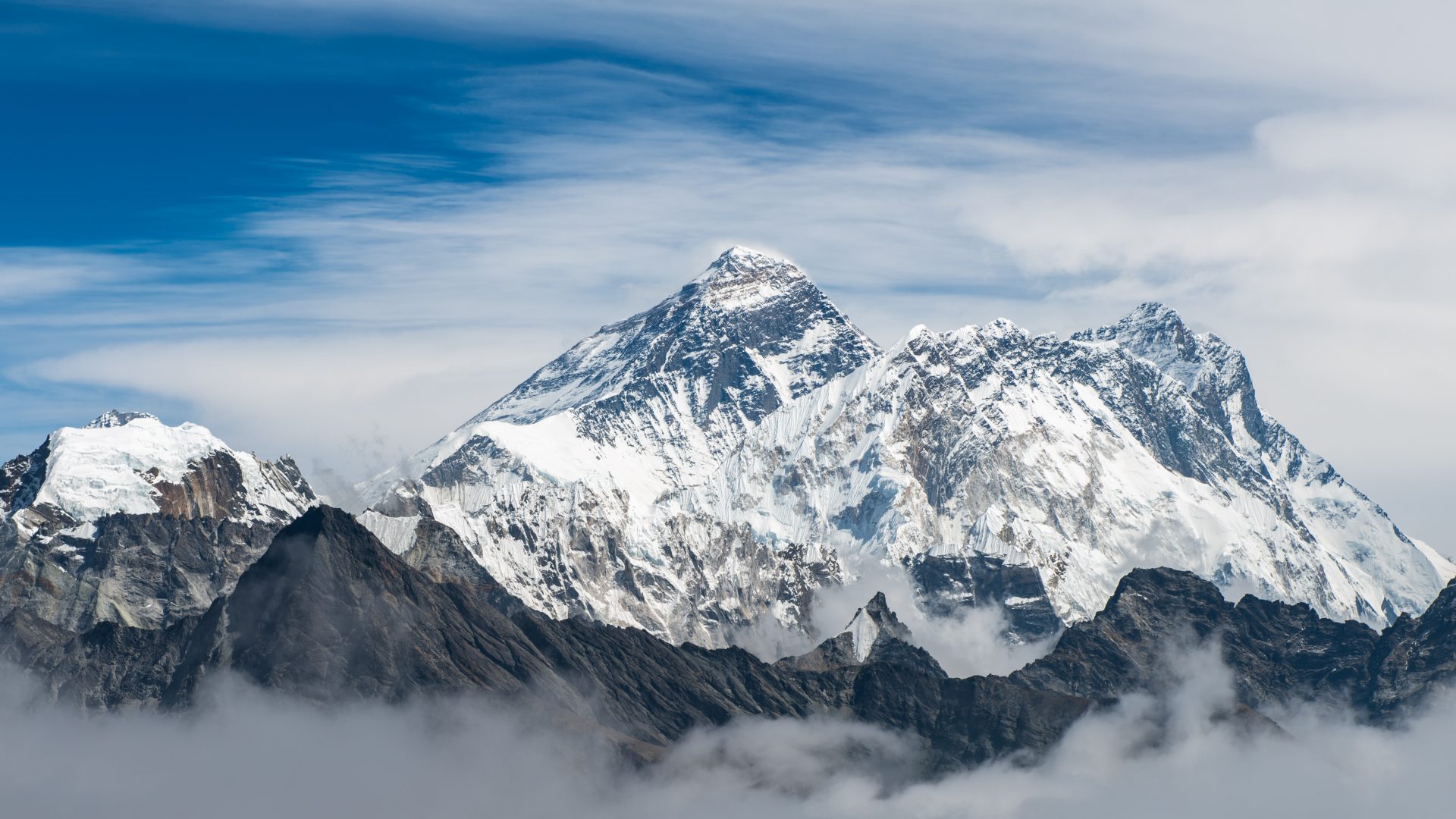Water security in mountain regions relies on a broader understanding of the complex interlinks of water supply and demand that goes far beyond the study of glacier melt.
Current information on how the communities which depend on water from mountain snow and ice will be affected by climate change is limited, according to new research published in Nature Sustainability.
The study, led by Imperial College London, University of Birmingham, University of Zurich, the British Geological Survey and Pontifical Catholic University of Peru along with local partners, suggests this lack of integrated water security knowledge is due to poor understanding of what happens ‘beyond the cryosphere’ – that is the contribution from water sources other than frozen water such as hillslopes, wetlands, and groundwater.
Emerging research is showing that the effects of global warming and climate change is enhanced in mountainous areas. Glacier-related disasters such as ice avalanches and glacial lake outburst floods are becoming more commonplace, but there are serious and life-threatening implications for the millions of people who depend on mountain water supply.
In the new study, the researchers described huge gaps in available data on how communities use water from glaciers and mountain snow in combination with other water sources. The picture is especially difficult to construct because of complex mountain landscapes, localised weather systems and a low density of data station records.
Low uptake of new monitoring technologies and approaches, particularly in lower income countries with limited institutional capacities, is hampering further our understanding of high-altitude data sparse regions. These make it hard to create models that can be scaled up across watersheds with accuracy.
Beyond these factors, the picture is further complicated by uncertainties about future water needs. Information on population growth and likely adaptation to water security threats is limited, as are data on the future expansion of irrigated agriculture and hydropower, all of which will have substantial impact on water access and allocation.
Professor David Hannah, UNESCO Chair in Water Sciences at the University of Birmingham, said:
“In mountains, there are complex interconnections between the cryosphere and other water sources, as well as with humans. We need to identify the gaps in our understanding and rethink strategies for water security in the context of climate change adaptation and shifting human needs.”
Lead author Dr Fabian Drenkhan, who undertook the work while at Imperial and now works at the Pontifical Catholic University of Peru, said:
“The future is likely to lead to a more variable water supply and growing water demand, which is a real threat to water security in many mountain regions. Our current incomplete picture is hampering the design and implementation of effective climate change adaptation. A holistic perspective based on improved data and process understanding is urgently needed to guide robust, locally tailored adaptation approaches in view of increasingly adverse impacts from climate change and other human interferences.”
Senior author Professor Wouter Buytaert of Imperial, who developed the original research concept for this work, said:
“Our study highlights the need for scientists to work on the ground with stakeholders. A thorough understanding of the local water security context is essential to co-produce integrated local and scientific knowledge that can support local water management decisions and adaptation strategies.”
The research team, have called for a fundamental rethink of the methods and technologies used to assess current water availability and model future scenarios.



